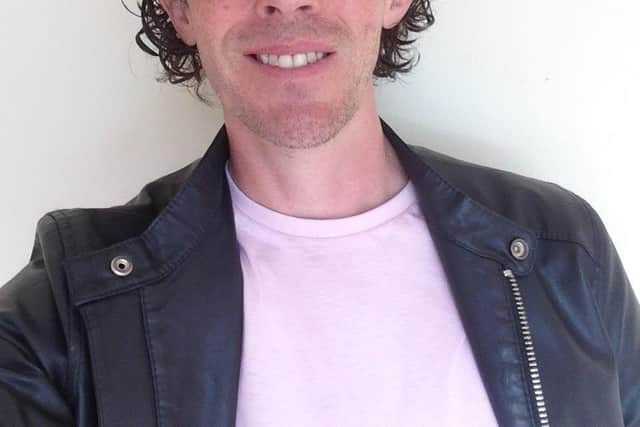We've moved into a post-trust society in age of ubiquitous scammers: Bird Lovegod
Well it occurred to me recently that we have indeed passed a tipping point, a real and serious one, whereby any given thing we read, see, or hear, cannot be assumed to be true.
This is glaringly apparent in the Israel/Gaza scenario, but is manifest everywhere, even in our own homes. When the landline rings, it feels like there’s more than a 50 per cent chance of the person or robot on the other end being a fraudster. This is bizarre, and possibly a first in human history, where we have to assume that every communication is a potential fraud.
Advertisement
Hide AdAdvertisement
Hide AdThe same goes for news on social media. Is that photo of a bombed child real, or isn’t it? Is this appeal for aid real, or a scam?


Is this Xbox for sale on Facebook real, or a scam? Is anything real anymore? We're at the point where there's actually no way of knowing if what we read, see, watch, or otherwise ingest is true or not. This has to have a huge impact on individuals and society. We don’t know what’s real anymore. Crushingly, this means we don’t know who and what to trust any more. We are in a post-trust society. And that’s sad, and isolating.
It means there’s no security, no foundation upon which to build understandings, beliefs, emotions, and worldview. This is a deeply unsettling place to be, which is why so many people experience anxiety, of course they do, everything is a potential threat and nothing and no one is trustable. Globally this is deeply problematic for our civilisation. As is how people respond.
Some join groups of other people who seem to know what’s going on, although of course they don’t. It’s the ‘safety in numbers’ response, people jump on a bandwagon of which there’s many to choose from.
Advertisement
Hide AdAdvertisement
Hide AdThis provides a ‘one size fits all’ security blanket of pseudo comprehension and pseudo solution, all in one. Another response is to become highly anxious, and binge on more and more content in order to try to make sense of it all, as if more data will somehow complete the jigsaw.
This is another unhealthy but explicable response, but the truth, half truth, and lies are all so baked together there’s no way this bread is ever going to nourish anything other than confusion, anger, and frustration. I’ve been experiencing this of late and have just come out of it and into a new level of adaptation.
My new way to handle the influx of mixed media is to treat it all the same. As fiction. To assume it is fiction, not reality. Logically this is more accurate than assuming it is true. So, watching the news is like watching an episode of a TV series. One can be emotionally engaged at the time of watching, but when the show’s over, there’s no residual impact. It was, after all, only a story. This distances one self from the content, which, reminder to self, may or not be true.
Certainly it’s better to be distanced from it than to be impacted by it, and build a house of opinions, beliefs and worldview, on a foundation that might not even be real. That's the ultimate scam, to end up with an entire personality based on a lie. The hazard to this approach is that one risks not caring. But that’s also the point. What a world.